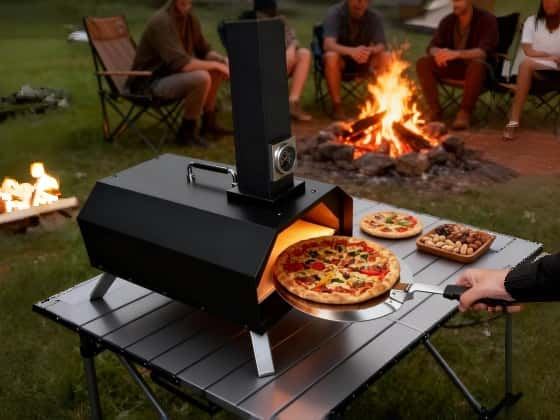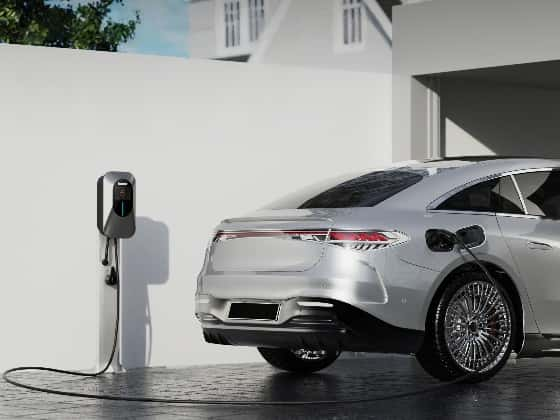
Silent Efficiency: Exploring the Noise Levels of Electric Cooktops
Many homeowners prioritize noise levels when shopping for electric cooktops. While these appliances provide a sleek and modern cooking experience, certain models can produce significant noise during operation, which can be bothersome in a quiet kitchen. In this article, we will look at the several aspects that contribute to noise levels in electric cooktops.
Why do the electric cooktops make noise?
Firstly, the type of heating element plays a crucial role in determining the noise levels. Traditional coil burners, while cost-effective, tend to be noisier due to the expansion and contraction of the metal coils as they heat up and cool down. On the other hand, smooth-top or radiant cooktops, which use halogen or induction heating elements, are generally quieter as they lack moving parts.
Another factor that influences noise levels is the quality of the materials used in the cooktop's construction. Higher-end models often utilize thicker, better-insulated materials that can effectively dampen vibrations and reduce noise transmission. Additionally, the design and placement of the cooling fans, which are necessary for dissipating heat, can also impact the overall noise levels.
Lastly, the age and maintenance of the cooktop can play a role in noise generation. Over time, components may wear down or become loose, leading to increased vibrations and rattling sounds. Regular cleaning and maintenance can help mitigate these issues and ensure optimal performance and quieter operation.
Comparison of noise levels in different electric cooktop models
When it comes to choosing an electric cooktop, understanding the noise levels of different models can be a game-changer for those seeking a peaceful cooking experience. In this section, we'll compare the noise levels of various electric cooktop models to help you make an informed decision.
Induction Cooktops: Induction cooktops are known for their energy efficiency and rapid heating capabilities, but they also tend to be among the quietest options available. Models from reputable brands are designed with advanced noise-reduction technology, resulting in whisper-quiet operation even at high heat settings.
Radiant Smooth-Top Cooktops: While not as silent as induction cooktops, high-quality radiant smooth-top cooktops can still offer a relatively quiet cooking experience. Some electric cooktop have models that utilize advanced insulation and vibration-dampening materials to minimize noise levels.
Coil Burner Cooktops: Traditional coil burner cooktops tend to be the noisiest option due to the inherent nature of their heating elements. As the coils expand and contract during heating and cooling cycles, they can produce audible buzzing or humming sounds. However, some models from brands have implemented noise-reduction features to mitigate these issues.
It's important to note that while noise levels can vary significantly between models and brands, individual user experiences may also differ based on factors such as kitchen acoustics, cooktop installation, and personal sensitivity to sound.
Karinear 2 burner electric cooktops with low noise levels
Karinear plug in 2 burner electric cooktop large burner(1400W) has 9 power levels which can meet the needs of various foods at different temperatures.This 120 volt cooktop is perfect for braise, fry, simmer, steaming, boil, stir-frying, roast. The electric cooktops has low noise, giving you a quiet cooking environment.
Conclusion
As we look towards the future of electric cooktops, it's clear that silent efficiency will continue to be a driving force in product development and consumer demand. Advancements in materials, insulation techniques, and noise-canceling technologies will pave the way for even quieter cooking experiences.












